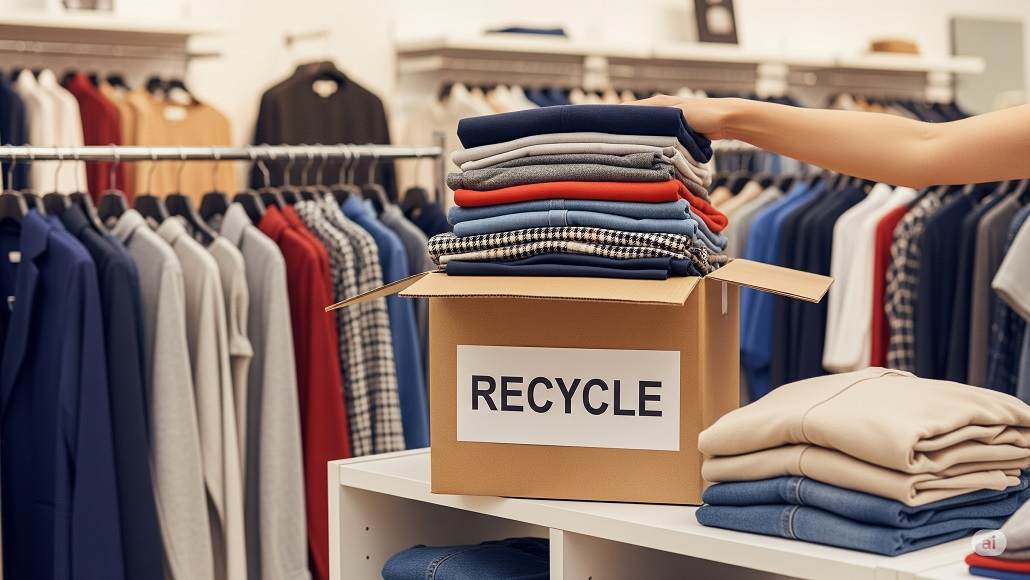Concerns regarding safety and reliability remain significant obstacles to consumer adoption of circular economy practices, according to a recent global study. The 2025 BSI report titled “The Tipping Point: Building Trust in the Circularity Economy,” conducted in partnership with the Cambridge Institute for Sustainability Leadership (CISL), underscores the necessity of fostering trust in reused or repaired products including clothing to motivate consumer engagement in circular behaviors.
The study surveyed over 8,200 individuals worldwide about their involvement in ten distinct circular practices, including recycling, repurposing packaging, and purchasing second-hand items. The results revealed that while 53% of respondents identified themselves as early adopters or part of the early majority in embracing circularity, there is a notable gap between self-perception and actual purchasing behavior. For instance, only 33% expressed a willingness to buy second-hand technology, and merely 31% would choose food products in recycled packaging over conventional options.
A key finding highlighted in the report is that three major concerns—doubts about quality (56%), safety (51%), and reliability (49%)—hinder consumers from fully embracing circular products. BSI’s CEO, Susan Taylor Martin, emphasized that while price and quality typically dominate buying decisions, the introduction of reused or recycled items raises new questions that must be addressed. “For circularity to thrive, businesses must go beyond sustainability messaging and demonstrate value, durability, and trustworthiness to encourage consumers to see circular options as reliable alternatives,” she stated.
The report also noted that although 76% of individuals acknowledge their role in promoting circularity through their actions and purchases, the actual percentage of reused materials in the global economy has decreased from 7.2% to 6.9%. Moreover, while 67% of respondents recognize the environmental benefits of adopting circular habits, this awareness does not consistently translate into action. For example, only 29% are open to purchasing second-hand or refurbished furniture, and just 25% are willing to buy imperfect food products.
Additionally, the study revealed that skepticism towards environmental claims deters one-third (32%) of people from buying circular products. However, 59% indicated that a credible label substantiating these claims could foster trust.
CISL CEO Lindsay Hooper emphasized the importance of trust and credibility in the transition to a circular economy. “To mainstream circularity, we need products and services that embed quality, safety, and reliability. Organizations that proactively implement these solutions will drive economic transformation and unlock vast opportunities,” he noted. The report aims to provide organizations with essential guidance to accelerate the adoption of circular practices and catalyze meaningful change in the industry.

































